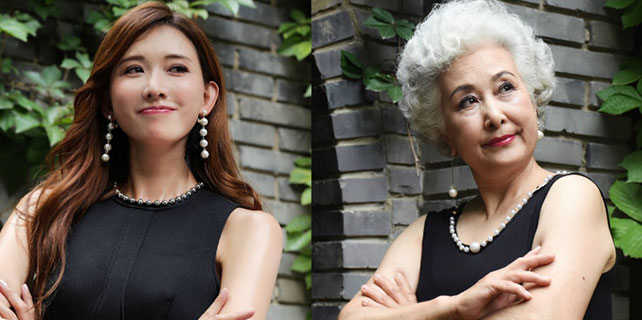Mandarin craze sweeps Russia
 |
|
Anya, a 14-year-old student from Russia practices calligraphy while attending a Chinese culture summer camp in Heilongjiang province, China. [Photo/People's Daily] |
A latest survey by the Yaroslavl National Normal University has revealed the number of Mandarin learners in Russia has increased more than twice the past decade.
A total of 17,000 Russian students were learning Mandarin in 2007, according to the survey, and now 56,000 people are studying the language in Russia this year.
The survey reveals the most popular way to learn Mandarin is by undertaking a course at university, with 39 percent of the students surveyed taking language courses. While only 18 universities offered Mandarin lessons back in 1997, and a total of 179 universities offer the course this year, almost ten times the amount.
Sveta, a Mandarin teacher at the Russian Higher Economic University, said she only had a handful of classmates when she studied Chinese language in 2004, and a very limited collection of textbooks.
However, she now teaches more than 30 students Mandarin every week, and her department has 15 Mandarin teachers. "We now have a wide range of Mandarin teaching materials as well," she said.
The survey reveals the emergence of the Mandarin craze among Russian people derives from an increasingly close China-Russia relation. With more cultural exchanges and trade contacts, people realize the significance of language learning in international communications and personal development.
The Economic Development Ministry of Russia confirmed there were 208 Chinese funded enterprises in the Maritime Kray, a Russian state, and the number of tourists between China and Russia has exceeded two million in 2016.
"Mandarin is completely different from Western languages," Anna, a student majored in oriental studies, said. "It is rhythmic, like music. I'm so in love with Chinese language."
According to the Yaroslavl survey, more than 100 universities, as well as some elementary and secondary schools, have started to open Mandarin courses to their students. It stated more people in Russia were taking Mandarin as their second foreign language.
In addition, the survey estimates Russia will include Mandarin in the national examination system by 2020.






















